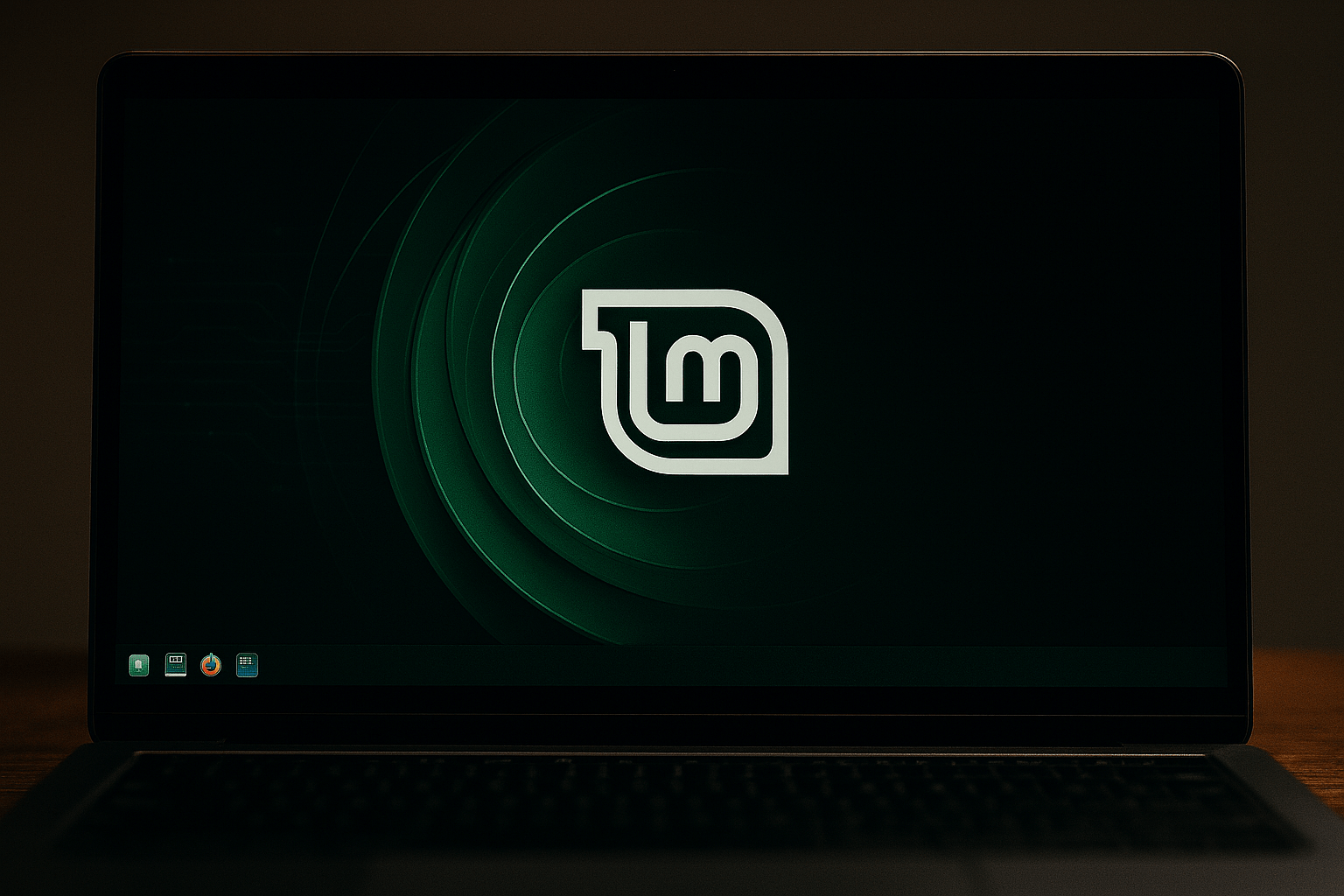Why I Stopped Using Free VPNs – And What I Use Now
For years, I relied on free VPNs to protect my online activity. They were convenient, cost nothing, and promised anonymity. But over time, I started noticing cracks in the façade: sluggish speeds, sketchy privacy policies, and a nagging feeling that I wasn’t really in control. Eventually, I dug deeper—and what I found made me switch for good.
This post breaks down exactly why I stopped using free VPNs, what risks they pose, and why NordVPN became my go-to solution for secure, fast, and transparent browsing.
The Illusion of Free Privacy
Free VPNs market themselves as privacy tools—but most are anything but. When you’re not paying with money, you’re often paying with something far more valuable: your data.
Here’s what I learned the hard way:
- Many free VPNs log your activity and sell it to third parties
- Some inject ads or trackers into your browsing sessions
- Others throttle speeds or restrict bandwidth to push you toward paid plans
- A few even operate from jurisdictions with weak privacy laws or no oversight
The promise of “free” quickly turns into a trade-off: convenience in exchange for compromised security.
Performance That Punishes You
Beyond privacy concerns, free VPNs are notoriously slow. I’ve dealt with:
- Streaming services constantly buffering
- Websites timing out
- Random disconnects mid-session
- Servers that were overloaded or simply didn’t work
When you’re trying to work, stream, or browse securely, speed matters. And free VPNs consistently failed to deliver.
NordVPN, by contrast, gave me access to thousands of high-speed servers, including specialty ones for P2P, Double VPN, and Onion over VPN. The difference was night and day.
Transparency and Trust Matter
One of the biggest red flags with free VPNs is the lack of transparency. You rarely know:
- Who owns the company
- Where the servers are located
- What data is being collected
- How that data is being used
NordVPN publishes independent audits, has a strict no-logs policy, and operates under Panama’s privacy-friendly jurisdiction. That level of openness gave me confidence that I wasn’t just trading one risk for another.
Features That Actually Work
- Threat Protection to block malware and trackers
- Kill Switch to prevent leaks if the VPN disconnects
- Meshnet for secure device-to-device connections
- Split tunneling for routing specific apps outside the VPN
- Multi-platform support (Windows, macOS, Linux, Android, iOS, browser extensions, routers)
It wasn’t just about having more features—it was about having features that actually worked, consistently and securely.
What I Use Now—and Why You Might Want to Switch Too
If you’re still using a free VPN, ask yourself:
- Do you know where your data goes?
- Can you trust the company behind it?
- Are you getting the speed and security you need?
If the answer is “no” or “I’m not sure”, it might be time to upgrade your privacy stack.
Try NordVPN — because real privacy isn’t free, but it’s worth every cent.
Related Posts

Linux Mint: A Quiet Powerhouse for Everyday Computing
Linux Mint: Lightweight, Reliable, and Built for Everyday UseLinux Mint has earned a reputation as one of the most...

SSDs and NVMe Drives: Speed and Efficiency for Modern Systems
SSDs and NVMe Drives: Speed and Efficiency for Modern SystemsSolid-state drives (SSDs) and NVMe storage have...


